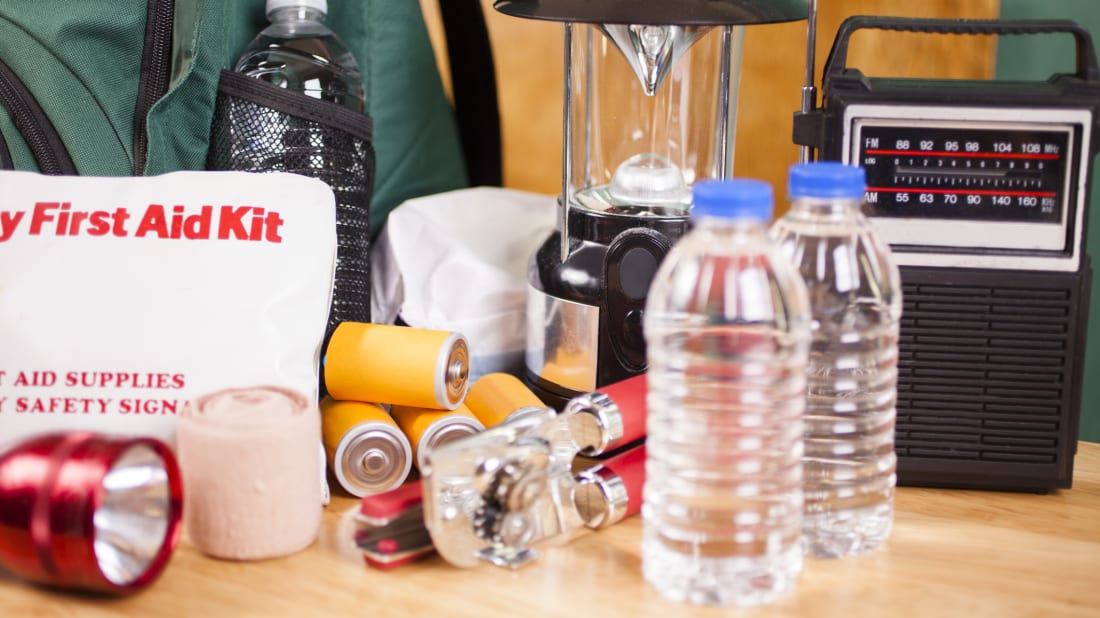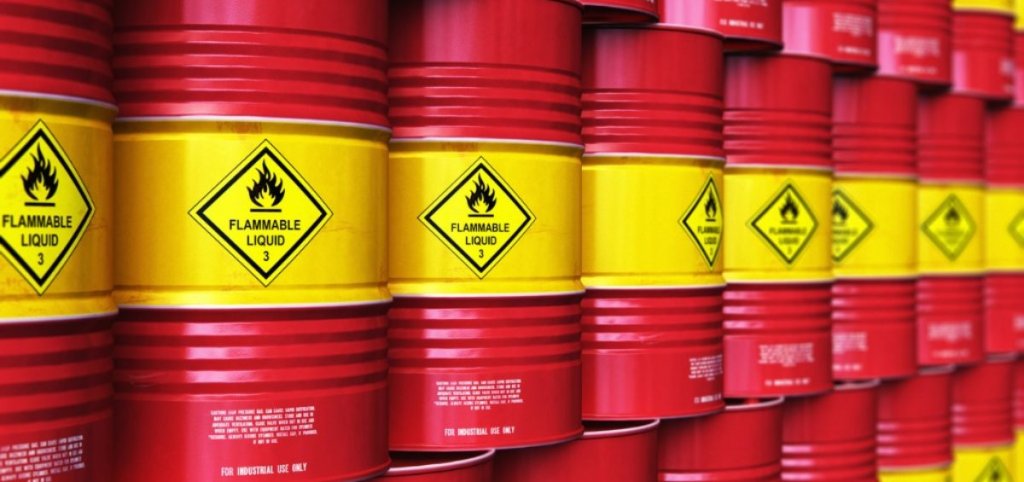
My paper on stockpiling, published in Security Dialogue, began with party conversations. When I told people that I work on catastrophe preparedness, the conversation inevitably shifted towards stockpiling. Concerned friends would ask how much food, water, and candles you have to store to be safe during an emergency. The gentrification critic would remark that we don’t have enough space in our apartments anyway! Media nostalgics was happy to have found a justification for keeping their video recorders because they would still be able to watch old VHS of Pretty Woman and Terminator 2 after the internet broke down. Someone would surely tell a story of their grandparents stockpiling tons of canned food for the nuclear apocalypse, to which the food snob would reply that he’d rather starve than live without fresh herbs and vegetables. At first, I was glad if the foodie was able to pivot the conversation towards pickling because actually, I didn’t have much to say about stockpiling. I was interested in emergency scenario analysis, critical infrastructures, disrupted circulations, rapid response etc., but not in stockpiling. Little by little, I became more concerned with it precisely because it is mundane enough to qualify as a party conversation but also because, when looked at more closely, it turned out to be pretty exciting.
What I first discovered is that even though stockpiling seems to be a thing of the Cold War past, it is in fact a matter for the future: it is a kind of stuff that freezes or preserves time so that it can keep you safe in a turbulent future. This is the material and temporal quality of the stockpile; a quality, however, that does not come for free, but requires elaborate ordering and maintenance work. You have to can food, freeze vital matter, store emergency equipment, keep away parasitic animals and more generally the “tooth of time” that makes the material world, and with it the securing function of stockpiling, eventually fall apart. Yet stockpiling does not only have a temporality but also a history that seems to be as long as “human civilization”. Stockpiling, it turns out, is not only a security technique but also a tool for the exercise of power. In the earliest states, stockpiling implied a bureaucratic caste that collected surpluses, stored them in a central place and thereby materialized their power over the allocation of resources that they could now make scarce or affluent at will. In modernity, stores became more dispersed as money, commodity exchange, and new infrastructures made it possible to procure resources through circulation. But as more and more disruptions in such circulations escalated into emergencies in the 20th century, stockpiling became a reflexive security device reactive to risks associated with these disruptions. As a reaction to the First and Second World Wars, states started stockpiling critical raw materials (in the paper I analyse the case of the German Office of War Raw Materials during WWI headed by the famous system builder and public intellectual Walter Rathenau). As a consequence of the oil price crisis during the Cold War, elaborate oil stockpiling projects were devised first by the OECD and then by the IEA.

Even in the complex post 9/11 security landscape, stockpiling continues to be an important security technology. The article examines the role of reserves in contemporary German catastrophe preparedness. There are still over a hundred strategically located grain stores in Germany. And new public health threats like emerging infectious diseases prompted the establishment of pharmaceutical stockpiling. Yet fiscal austerity and budgetary constraints limit security stockpiling in catastrophe preparedness. In addition, the rise of just-in-time logistics has reduced buffer stocks so that supply chain disruptions can escalate quickly and potentially – think of food logistics – also affect the population. To compensate for the absence of public and private security stores, the government is now prompting citizens to establish emergency stockpiles. This is one of the reasons so many people have heard about stockpiling because after every other emergency the government and the news media emphasize the importance of private preparedness, and of stockpiling in particular. Although I wouldn’t argue against storing a couple of water bottles or batteries, this governmental advice is not only indicative of the out-of-stock austerity state, but also shows the paradoxical nature of mobilizing the stockpiling self as the storekeeper of last resort. Governments prompt their citizens to engage in something that private corporations and “fiscally responsible” governments are less and less willing to do. What makes stockpiling contemporary is thus precisely that it goes against the grain of current social, economic, and technological trends – from austerity and JIT to streaming – and reacts to the multiple risks associated with them.
Find Andreas Folkers’ full article on Stockpiling in Volume 50, Issue 6 of Security Dialogue: https://journals.sagepub.com/doi/full/10.1177/0967010619868385